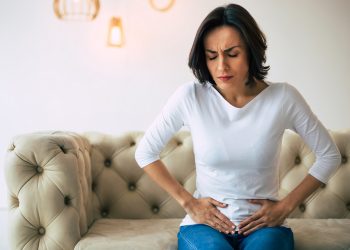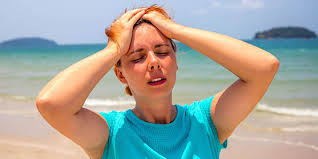Scientists are conducting research on the effects of the “sunshine vitamin” in the fight against COVID-19.
And the new data is so encouraging that the British government plans to send supplies of vitamin D to residents of nursing homes and those who work there.
Vitamin D is back in the spotlight, writes the British Daily Mail. After a barrage of promising research hit last month, UK Health Minister Matt Hancock announced that he is asking government scientists to study the effects of vitamin D on COVID-19 symptoms.
Scientists believe that vitamin D deficiency is a possible reason for the development of a severe form of coronavirus infection in the human body, Express reports. As a result of a large study, it turned out that in regions where seasonal deficiency of the “solar vitamin” is common, cases of severe COVID-19 are more often recorded. Therefore, researchers recommend taking a vitamin to prevent this disease.
Meanwhile, scientists at the Queen Mary University of London have begun trials to see if increasing intake of this nutrient could provide protection against the coronavirus. The researchers plan to test vitamin D levels in 5,000 people and see if increased intake in the winter in those with low vitamin D levels will reduce the risk and/or severity of coronavirus disease and other respiratory infections.
There is new evidence that vitamin D supplements can boost the immune system: A study published in the British Medical Journal in October found that people taking vitamin D had fewer respiratory infections.
What’s more, a study of 86 children with eczema last week found that those who took a vitamin D supplement had improved skin conditions after three months, according to the journal Pharmacology Research & Perspectives.
Vitamin D also helps regulate the amount of calcium and phosphate in our body; maintaining the health of bones, teeth, and muscles. However – if we talk about the UK in particular – about half of the population experiences a deficit.
Humans make vitamin D by exposure to sunlight on their skin or can get it from sources such as oily fish, egg yolks, or fortified foods, including cereals. However, it is almost impossible to achieve the recommended daily value by using these measures alone, not least because people do not get enough sunlight, especially during the winter months.
This is why the British government is already suggesting that residents take 10 mcg of the “sunshine vitamin” daily from October to March. And some groups who don’t tend to get a lot of sun even in the summer, such as in nursing homes, as well as those with darker skin and need more sun to produce enough vitamin D, are advised to take supplements all year round.









